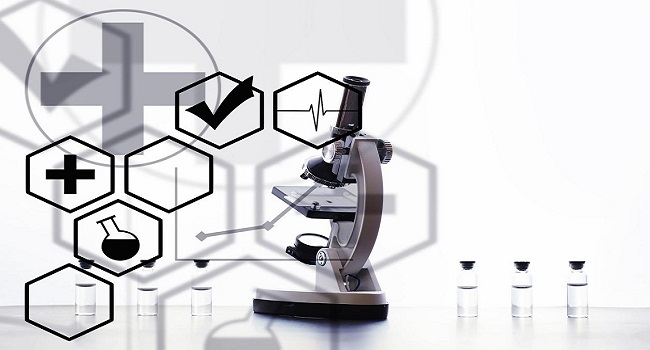Advantages of CMMS for Pharmaceutical Companies
Pharmaceutical companies are tasked with the responsibility of developing, manufacturing, and distributing life-saving medications. The stakes are high, and the margin for error is minimal, necessitating an environment where precision, efficiency, and regulatory compliance are not just goals but essential standards. Amidst these stringent requirements, the role of technological innovation becomes pivotal, and this is where Computerized Maintenance Management Systems (CMMS) come into play.
By digitizing and streamlining maintenance processes, these systems offer a beacon of efficiency in an industry where every second counts. Join us as we explore how CMMS is an indispensable tool, driving pharmaceutical companies towards unparalleled time savings and robust compliance.
5 Key Benefits of CMMS for Pharmaceutical Businesses
1. Streamlined Maintenance Processes
In pharmaceutical manufacturing, where every minute of downtime can equate to significant financial losses and delayed product deliveries, the importance of streamlined upkeep processes is paramount. CMMS can help automate scheduling, tracking, and the execution of maintenance tasks. This automation ensures that critical equipment operates at peak efficiency, reducing the likelihood of unexpected failures that could halt production lines and compromise product quality.
For example, a CMMS can schedule regular maintenance for vital equipment such as HVAC systems, which are important for maintaining cleanroom environments and mixing machines, which are essential for the consistent production of pharmaceutical compounds. By automating these tasks, CMMS frees up valuable time for teams to focus on proactive improvements rather than reactive fixes, thereby enhancing overall operational efficiency.
2. Compliance and Quality Control
The pharmaceutical industry is governed by a labyrinth of regulations, with organizations such as the FDA in the United States setting stringent guidelines to ensure the safety and efficacy of medications. Compliance is not just a legal requirement but a fundamental component of maintaining public trust and ensuring patient security.
CMMS plays a critical role in this aspect by providing a structured platform for keeping detailed records of maintenance activities, calibration, and cleaning processes. This meticulous record-keeping is invaluable during regulatory audits, offering transparent evidence of compliance with Good Manufacturing Practices (GMP) and other standards.
3. Cost Reduction and Budget Management

Economic efficiency is another cornerstone of any successful pharmaceutical operation, with companies constantly seeking ways to optimize costs without compromising quality. CMMS can help with this by enhancing the longevity of equipment through timely and effective upkeep, thereby reducing the need for expensive repairs or replacements.
Moreover, CMMS provides valuable insights into upkeep costs, helping companies to allocate their budgets more effectively. By analyzing data on maintenance activities and their associated costs, pharmaceutical businesses can identify areas where resources may be optimized, leading to more strategic financial planning and resource allocation.
4. Enhanced Safety and Risk Management
Safety is of utmost importance in any industry, but its severity is much more important for pharmaceutical companies where the consequences of contamination or equipment failure can be catastrophic, not only in terms of financial loss but, more critically, in terms of patient health. With CMMS, companies can enhance their safety protocols by ensuring equipment is maintained in accordance with the highest standards, reducing the risk of accidents and hazards.
By systematically scheduling maintenance and inspections, CMMS helps identify potential hazards before they lead to incidents, fostering a safer work environment. This proactive approach to safety and risk management is essential in an industry where the well-being of consumers and employees is important.
5. Data-Driven Decision Making
In today’s business world, the ability to make informed decisions based on accurate, real-time information is a competitive advantage. With that in mind, you’d be remiss to ignore CMMS, which can offer actionable insights that empower companies to optimize their operations, enhance productivity, and drive innovation.
For instance, companies like Llumin provide CMMS that can help analyze data on equipment breakdowns and maintenance responses; with these insights, firms can identify patterns and implement changes to prevent future issues, thereby improving overall reliability and performance. This approach, facilitated by CMMS, enables pharmaceutical businesses to continuously refine their processes and maintain a leading edge in the industry.

Final Thoughts
CMMS has become indispensable for pharmaceutical companies, streamlining maintenance, ensuring compliance, and driving cost efficiencies. It transforms operations by automating critical tasks, enhancing equipment reliability, and providing invaluable data for strategic decision-making. For pharmaceutical leaders, adopting CMMS is not just an upgrade—it’s something that can be a difference maker.




















